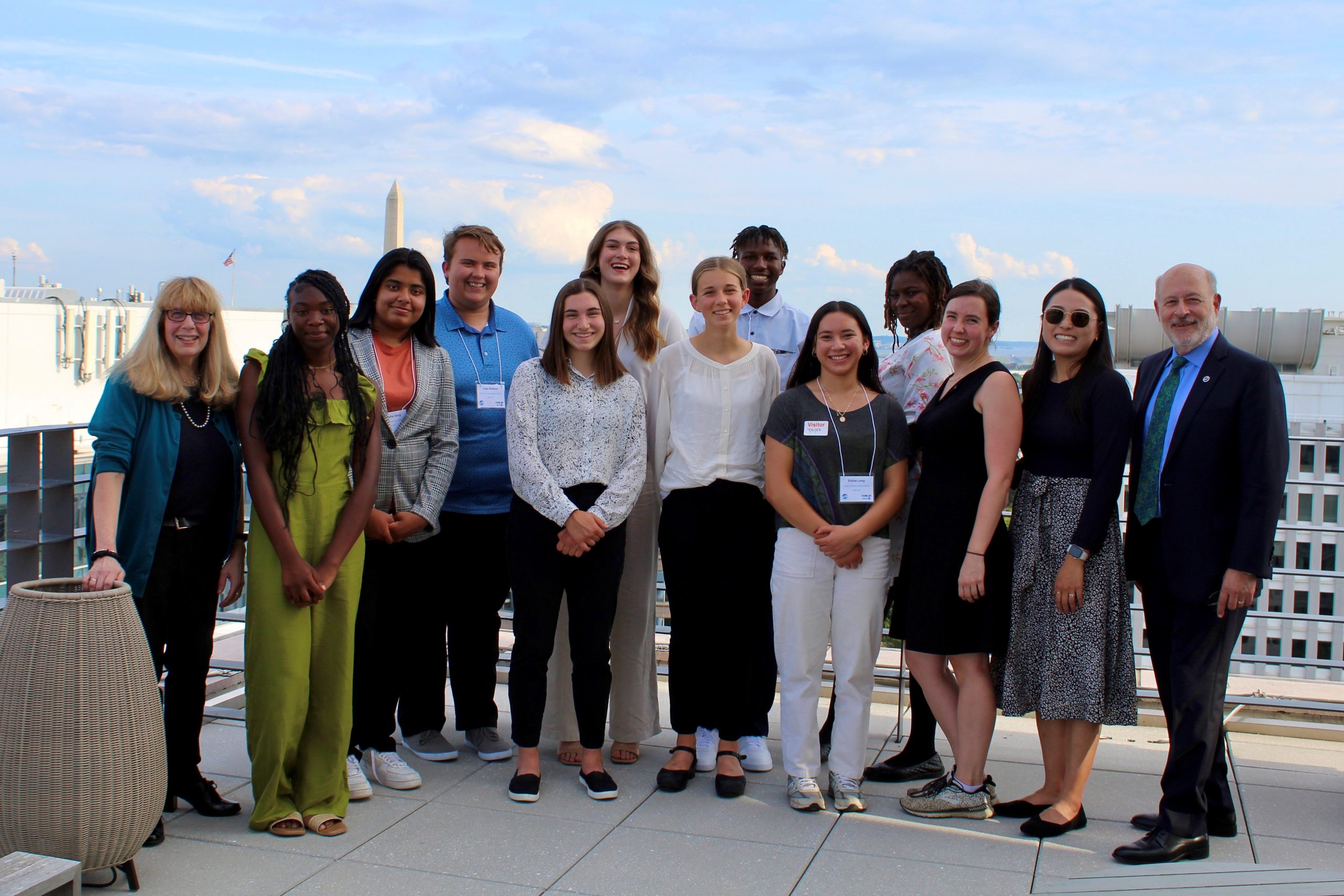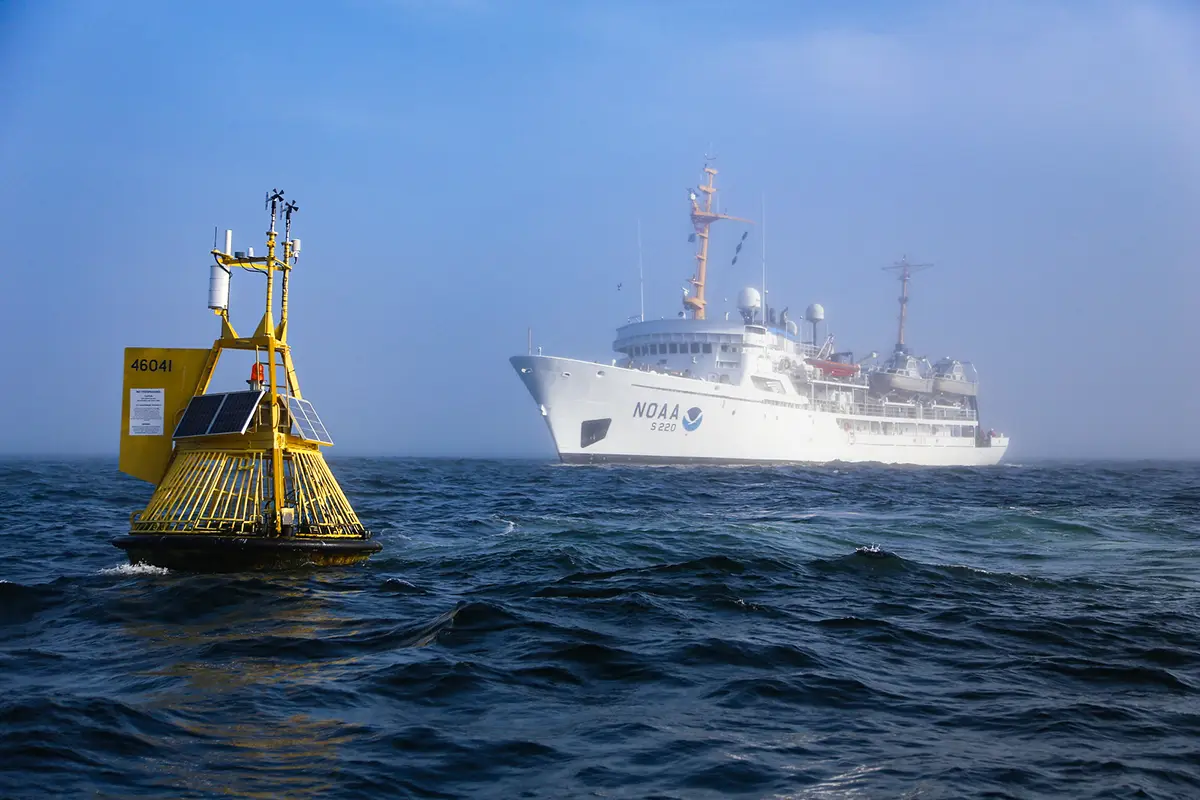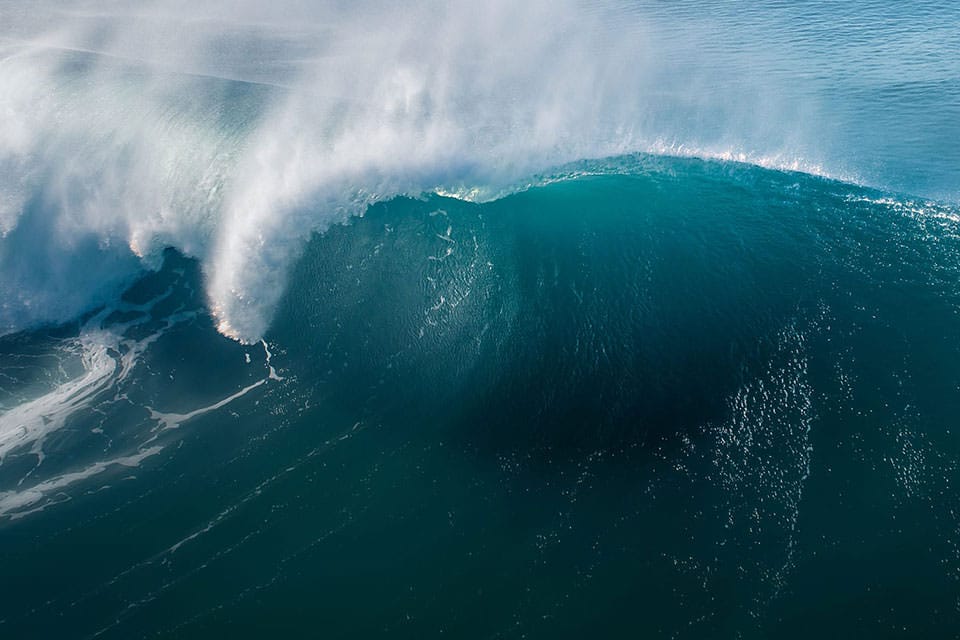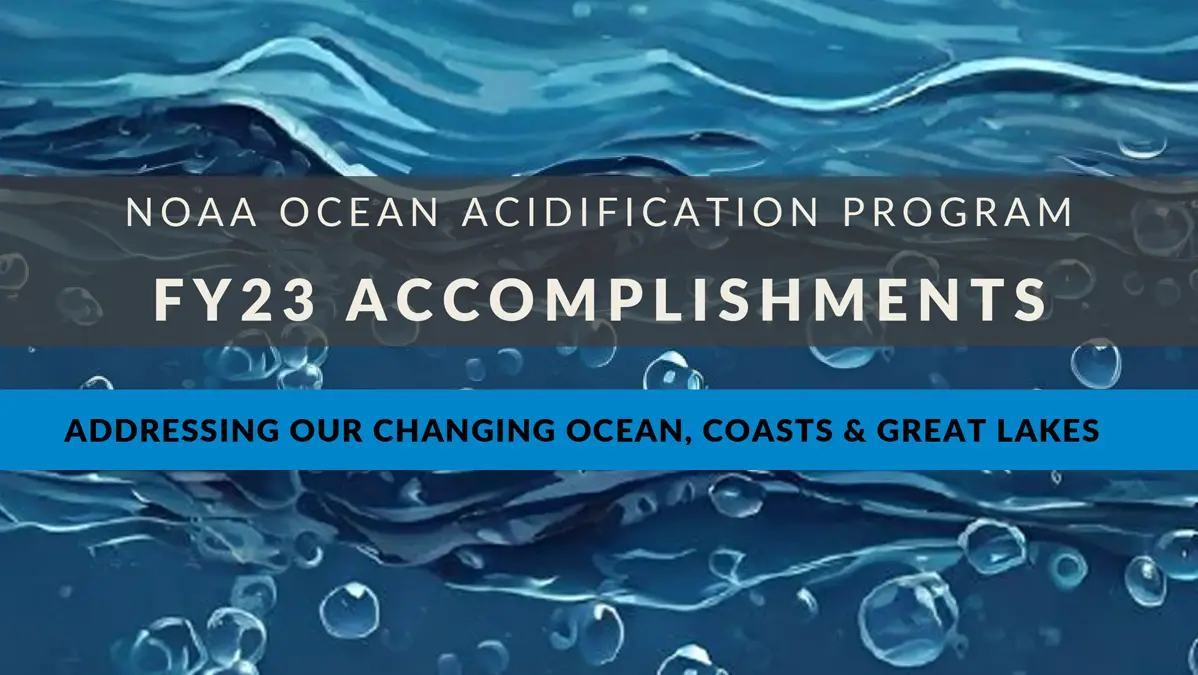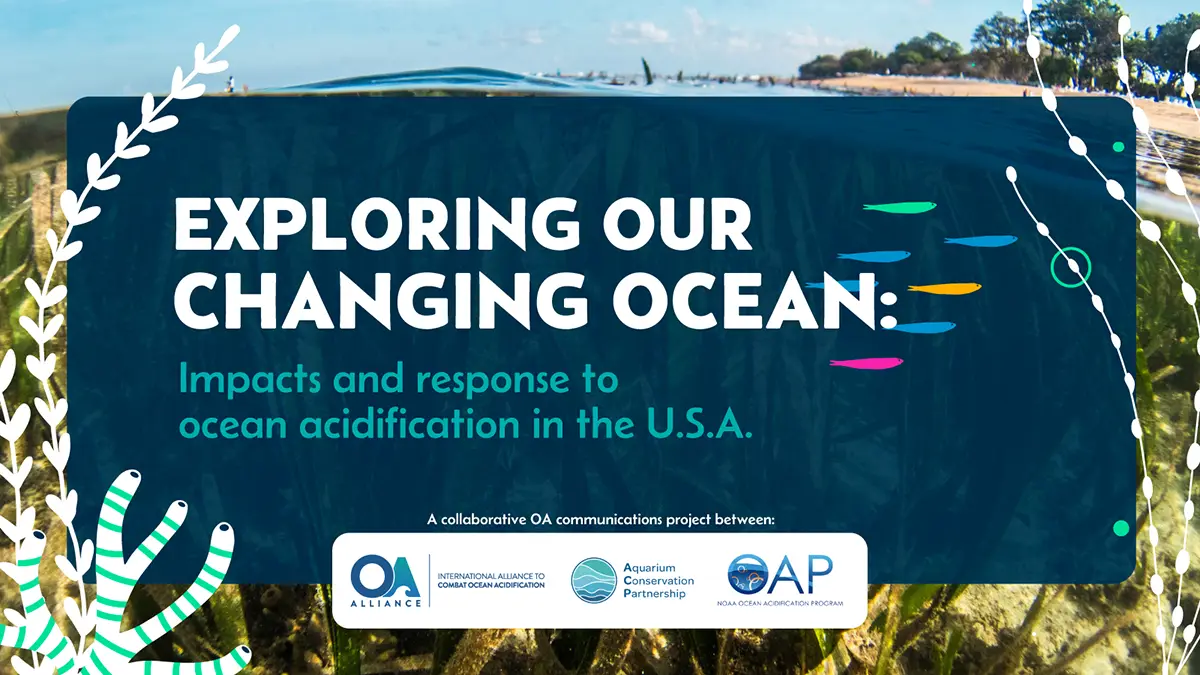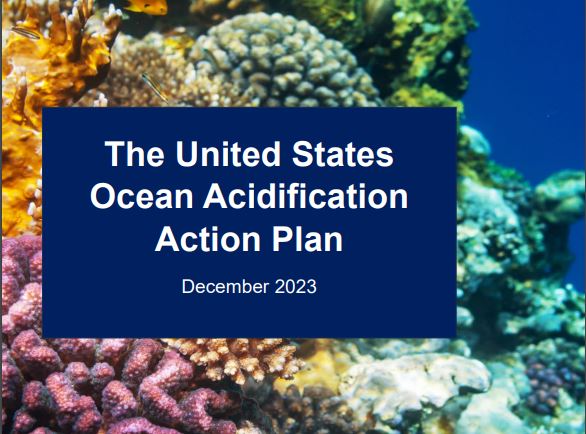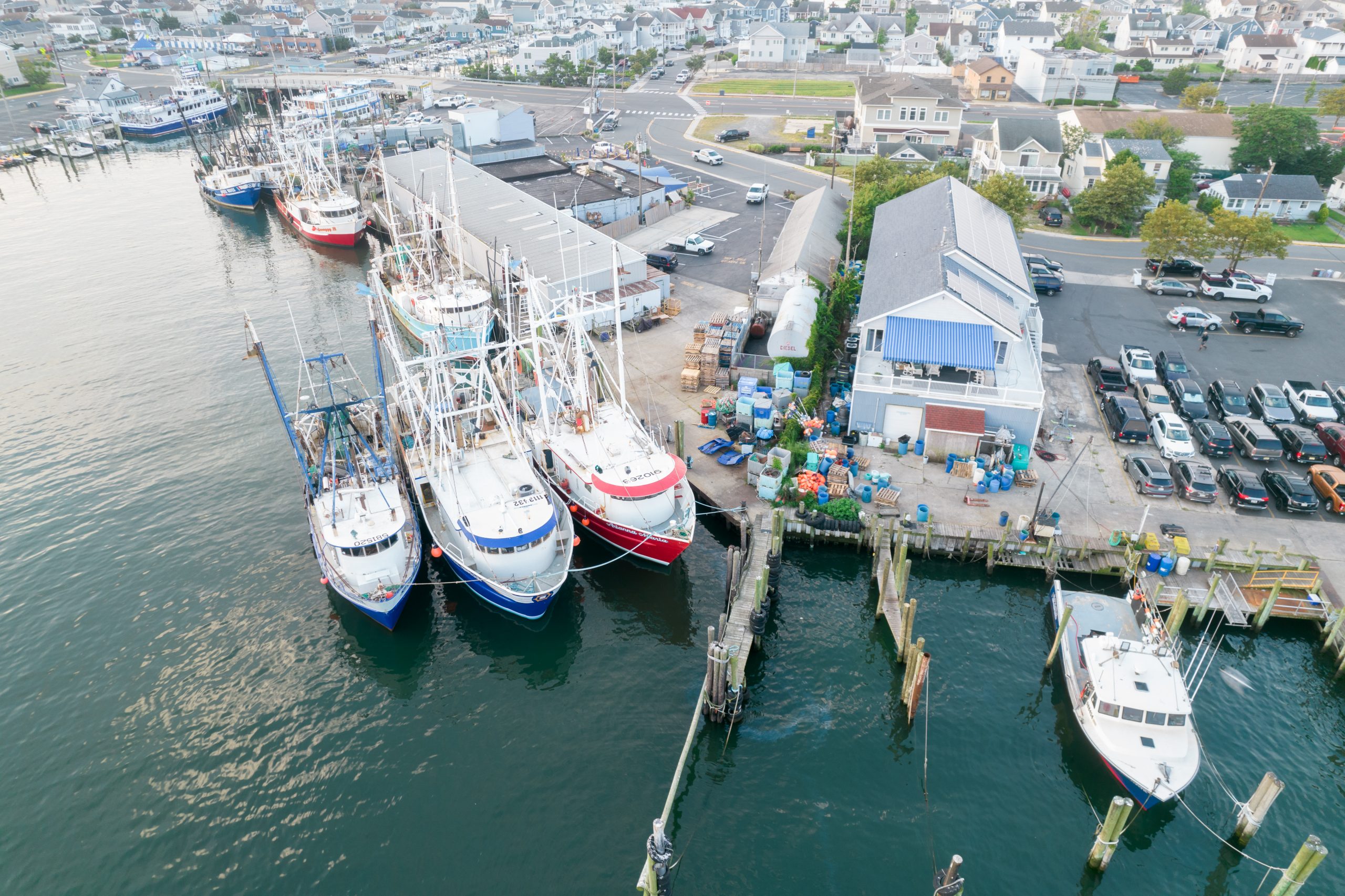
Coastal Acidification Networks declare Commitment to UN Decade OARS Programme
The Coastal Acidification Networks (CANs) collectively submitted a Commitment to the international Ocean Acidification Research for Sustainability (OARS) Programme in May 2024. OARS, a UN Ocean Decade supported program, is dedicated to minimizing and addressing the impacts of ocean acidification through enhanced cooperation at all levels and is aligned with Sustainable Development Goal Target 14.3.
